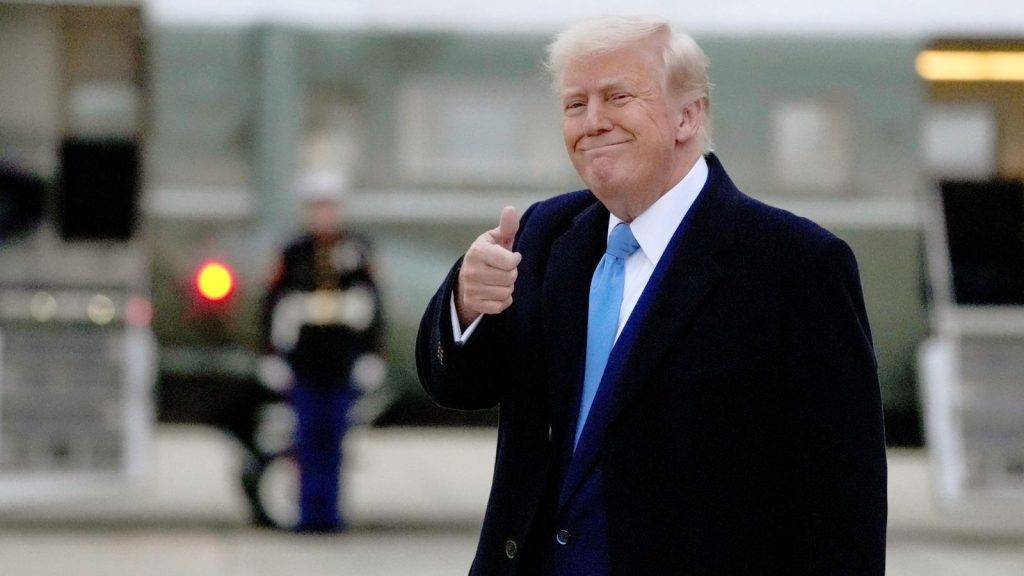Cliff Notes
- The UK’s economic options are severely constrained due to high borrowing and record tax levels, limiting the government’s ability to respond to the economic shock caused by Trump‘s tariff announcement.
- The anticipated quick resolution to the tariffs appears increasingly unlikely, pushing the government to explore low-cost alternatives like deregulation to boost business growth.
- Recent policy changes, such as delaying restrictions on hybrid cars, could undermine the UK’s climate goals, causing uncertainty for firms in affected sectors, including battery and EV infrastructure.
A major economic shock is happening thanks to Trump – and the UK can do little to stop it
A major global economic shock is taking place; its duration unknown, its severity anyone’s guess, and no one has a surefire way of stopping it because it’s all based on the proclivities of one man who is supposed to be our ally.
Billions have been wiped off the stock market since Donald Trump announced his global tariff scheme last week, meaning a hit to prices, pensions and jobs that could get a lot worse.
So what can the government do, in practice?
After the economic shocks of modern times – the 2008 financial crisis and 2020 pandemic – hundreds of billions of pounds were served up by the UK government to cushion the impact. Debates rage to this day about whether banks should have been bailed out by Gordon Brown and whether Rishi Sunak‘s COVID furlough scheme should have been so generous.
On both occasions, the Bank of England rose to the challenge too, using its quantitative easing scheme to ensure cheap money.

But as we stand on the precipice of economic decline of uncertain severity, it is clear that any kind of big bazooka option of the scale seen during those two crises is not open to the UK this time around.
That, in practice, is the starting point for Prime Minister Sir Keir Starmer and Chancellor Rachel Reeves. The big concession today is that tariffs may be in place for some time – the hope of two weeks ago for a quick deal that dampens or exempts tariffs appears to be fading.
The White House says 50 nations are queuing up to do a deal – there is no guarantee we are close to the front of the queue.
So instead, they have to look for other answers that cost little – cutting red tape and helping business grow. And here, there are no straightforward answers.


